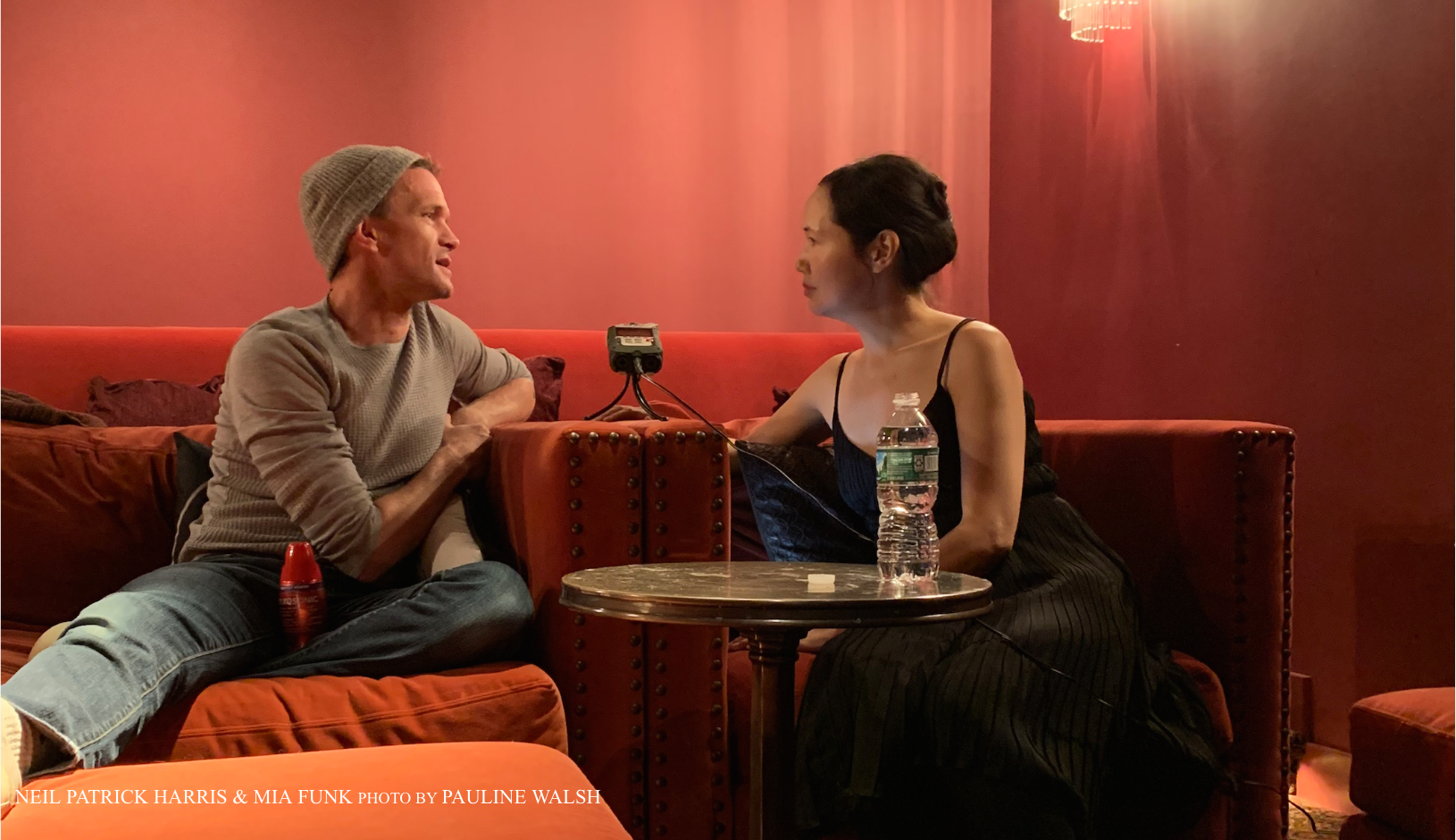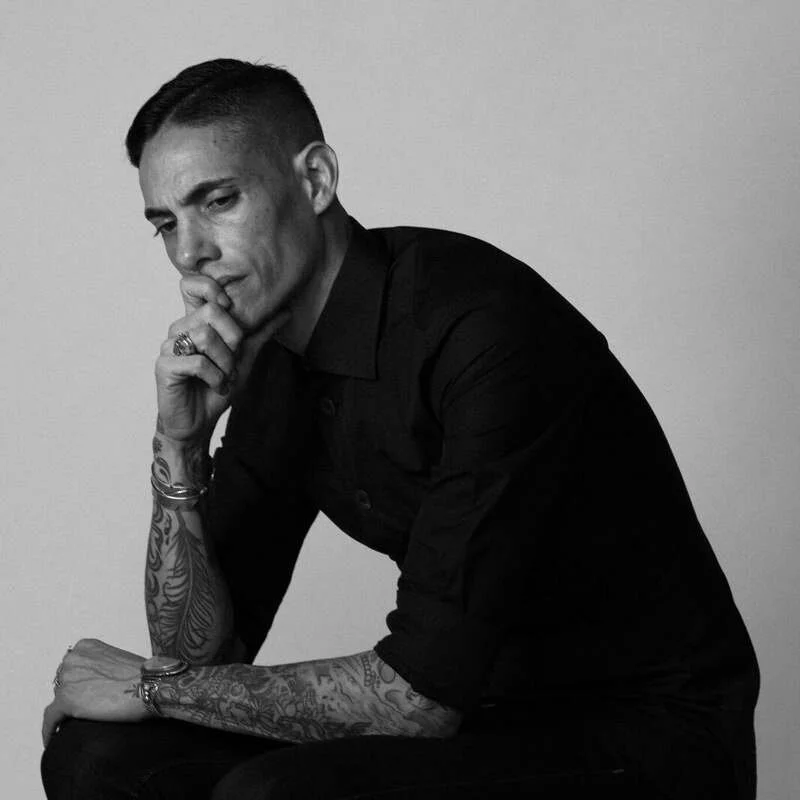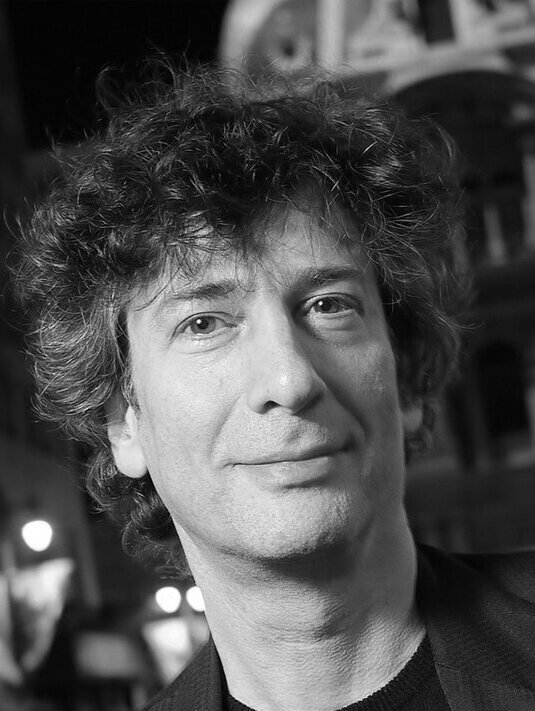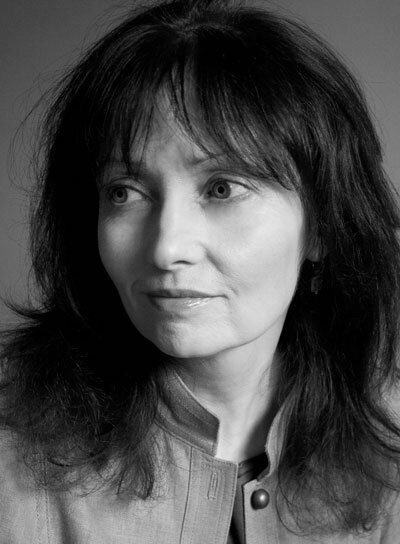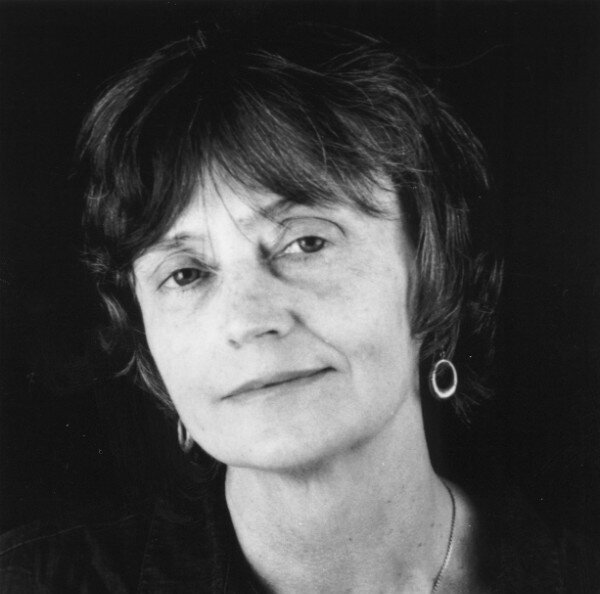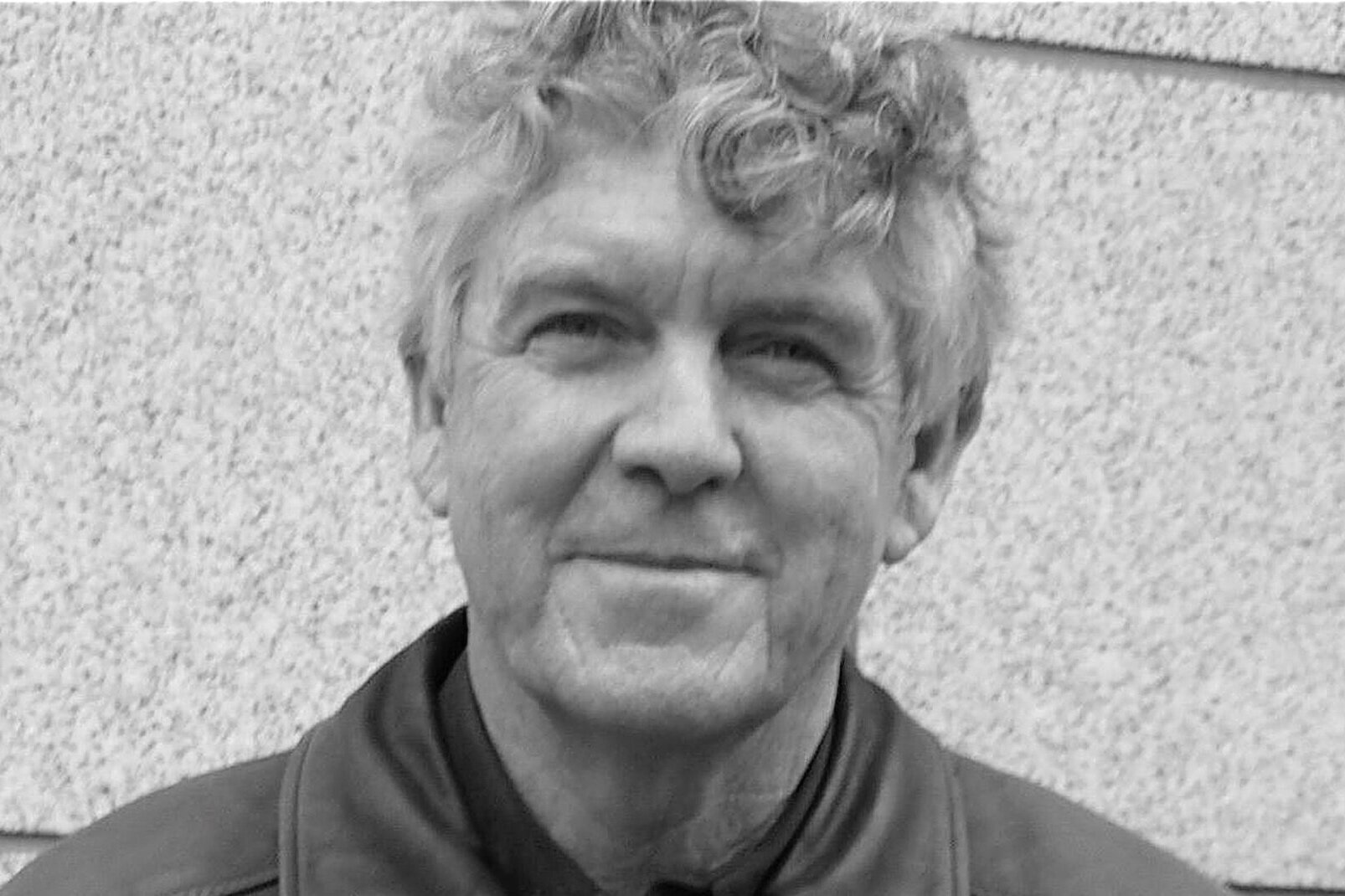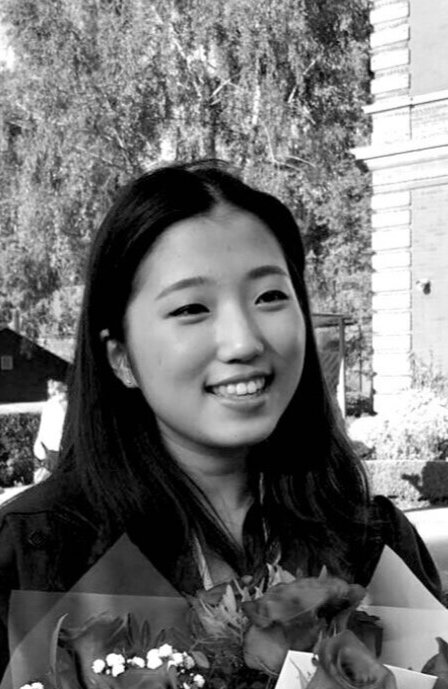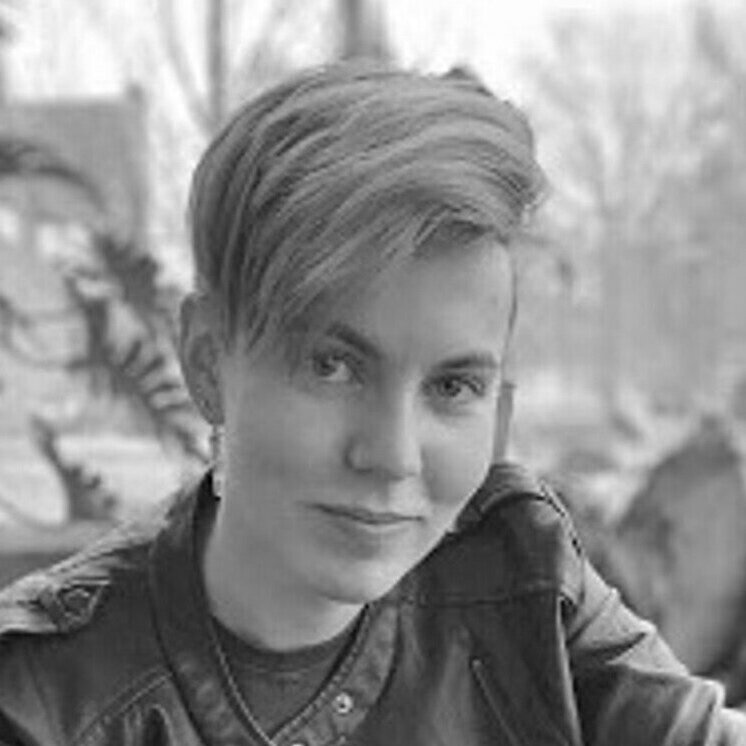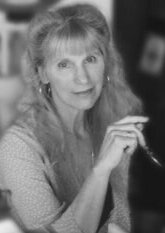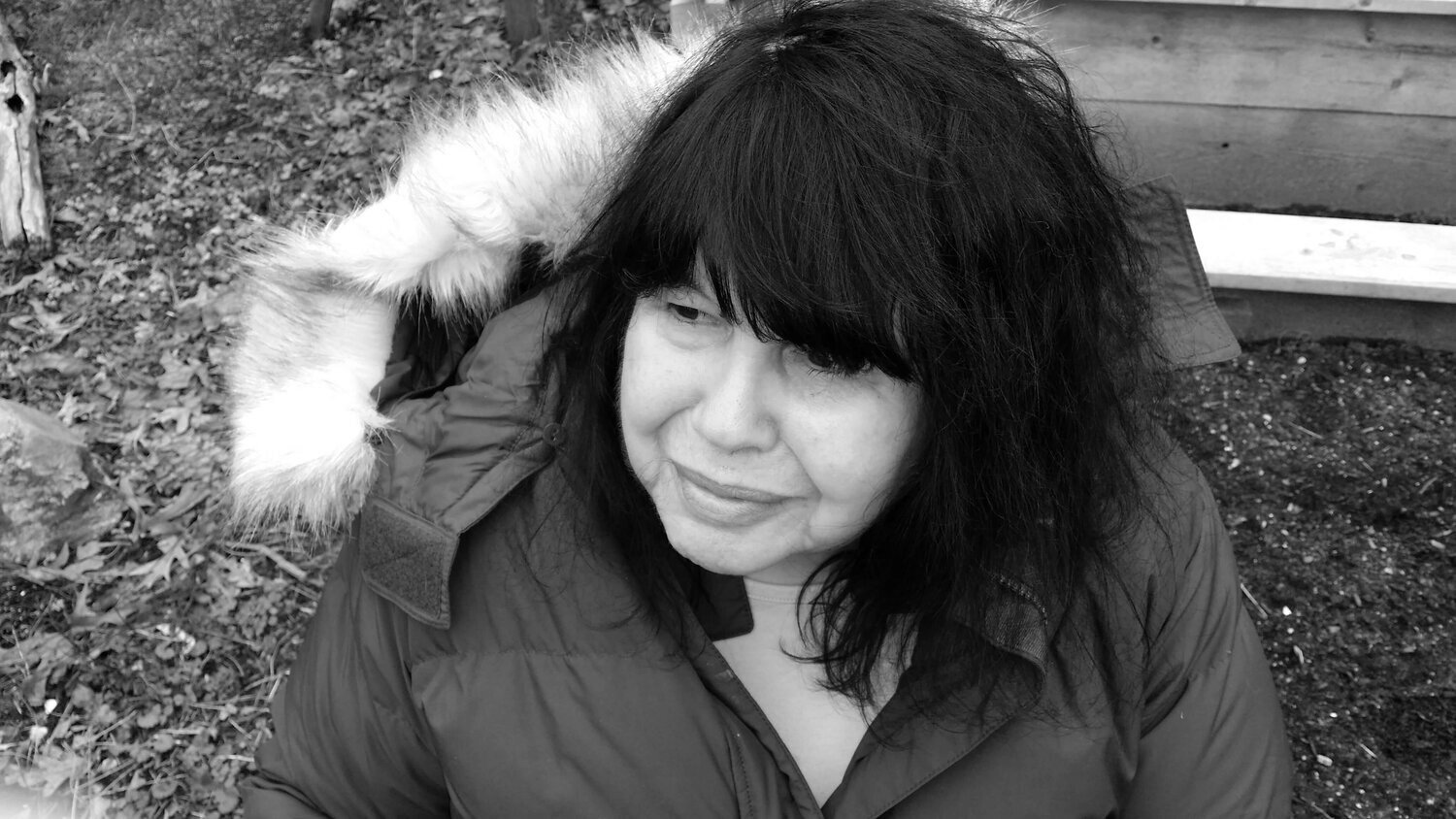To begin, we have Neil Gaiman (www.neilgaiman.com), acclaimed writer of The Sandman, American Gods, Stardust, and Coraline, read some of his poetry. His contributions to practically every literary genre have earned him a place in the Dictionary of Literary Biography as one of the top ten living postmodern writers. Gaiman’s work has been honored with many awards internationally, including the Newbery and Carnegie Medals. Gaiman reads his poems “A Writer’s Prayer” and “These Are Not Our Faces”.
Poet and novelist Marge Piercy (www.margepiercy.com) reads poems from her newest collection, On the Way Out, Turn Off the Light. She has written 17 novels including The New York Times Bestseller Gone To Soldiers, 19 volumes of poetry, and critically acclaimed memoir, Sleeping with Cats. She is active in antiwar, feminist and environmental causes. In her segment, she reads ““Language has shaped my life”; “Who can hold them, what can save them?”; “Can’t you hear them?”; and “This is our legacy”.
Alice Fulton, (www.alicefulton.com) shares poems from her most recent work, Barely Composed. She has received an American Academy of Arts and Letters Award in Literature and fellowships from the MacArthur Foundation, National Endowment for the Arts, Guggenheim Foundation, and Ingram Merrill Foundation. Her other books include Sensual Math, Powers Of Congress, Palladium, Dance Script With Electric Ballerina, and an essay collection, Feeling As A Foreign Language. Fulton reads “Because We Never Practiced With The Escape Chamber” and “Triptych For Topological Heart”.
EJ Koh (www.thisisejkoh.com) reads an excerpt from her memoir, The Magical Language of Others, the winner of the Pacific Northwest Book Award and Longlist for the PEN Open Book Award. She also has written the poetry collection A Lesser Love (Louisiana State University Press, 2017), winner of the Pleiades Press Editors Prize for Poetry. Her poems, translations, and stories have appeared in Boston Review, Los Angeles Review of Books, Slate, and World Literature Today.
Alice Notley, writer of over 40 volumes of poetry, reads from her newest collection Certain Magical Acts. Notley has received many awards including the Academy of American Poets’ Lenore Marshall Prize, the Poetry Society of America’s Shelley Award, the Griffin International Prize, two NEA Grants, the Los Angeles Times Book Award for Poetry, and the Ruth Lilly Poetry Prize, a lifetime achievement award. She is also a visual artist and collagist, and a book of her poem-drawings is forthcoming from Archway Editions. Notley reads two poems “Two of Swords” and “I The People”.
Margo Berdeshevsky, NYC born, writes from Paris. Her latest collection: “Before The Drought” (Glass Lyre Press/ National Poetry Series finalist.) Newest poetry collection, “It Is Still Beautiful To Hear The Heart Beat” is forthcoming from Salmon Poetry. Author of “Between Soul & Stone” and “But a Passage in Wilderness” (Sheep Meadow Press), “Beautiful Soon Enough” (1st Ronald Sukenick Innovative Fiction Award, for FC2) Other honors include Robert H. Winner Award from Poetry Society of America. Published in Poetry International, New Letters, Kenyon Review, Plume, The American Journal of Poetry, The Collagist, Prairie Schooner, Big Other, PN Review, Under the Radar, Beltway, and many more. “Kneel Said The Night” waits at the gate.
Gerald Fleming is the author of the poetry collections One (Hanging Loose Press, 2016), The Choreographer, Night of Pure Breathing, and Swimmer Climbing onto Shore. His work has appeared in many magazines over the decades, including New Letters, Michigan Quarterly Review, Hanging Loose, Carolina Quarterly, New World Writing, Volt, and The Prose Poem. The former editor of the magazines Barnabe Mountain Review and Forward to Velma, he is currently editing the limited-edition vitreous magazine One (More) Glass and The Collected Poetry & Prose of Lawrence Fixel.
Jess Wilber is a recent graduate of Oberlin College, where she double-majored in Environmental Studies & East Asian Studies with a double-minor in Politics & History and a concentration in International Affairs. She has been working with Citizens’ Climate Lobby (CCL) since her freshman year of college and helped to pioneer their current programs for students in Higher Education. She was among the first members of the Campus Leaders Program, which seeks to educate and empower students to become effective climate advocates and organizers in their communities.Beyond her climate work, Jess is a musician, poet, certified mediator, and nationally and world-ranked equestrian in the Morgan Horse circuit.
To be included in special podcasts celebrating poetry and prose. You can submit a reading of your work at www.creativeprocess.info/poetryprose and we'll get in touch about the possibility of taking part in an interview for the creative process.





